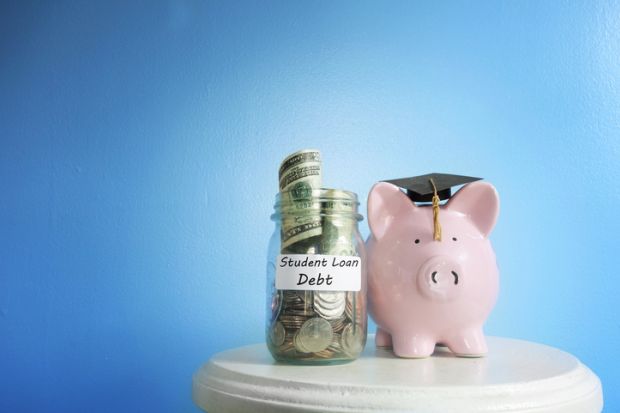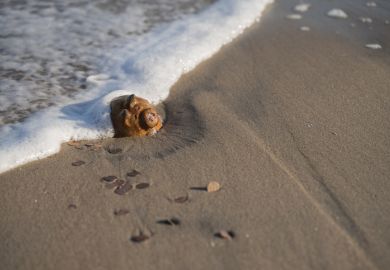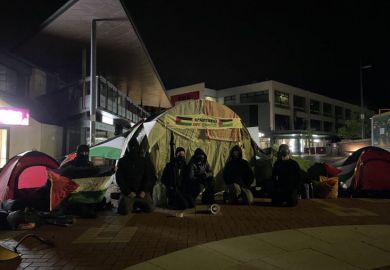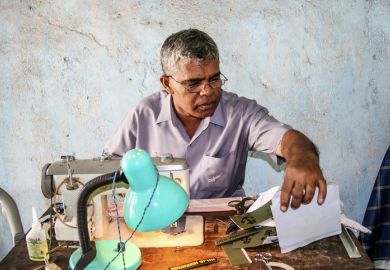Just 2 per cent of UK graduates who were owed a refund on their student loans after making payments when earning below the minimum annual threshold claimed it back last year, figures reveal.
The data, obtained by a Freedom of Information (FOI) request from Save the Student, revealed that 856,000 graduates made repayments to the Student Loans Company (SLC) in 2021-22 despite earning below the minimum annual threshold.
A change in income – such as working extra shifts, receiving a bonus or moving to a better-paid role part-way through the year – means that a graduate could cross the weekly or monthly threshold but still fall below the annual threshold at the end of the year, making them eligible for a refund.
The figures showed that those earning below the threshold repaid £102.5 million last year – up from £95.1 million in 2020-21, and £97.9 million in 2019-20.
And of them, just 2.1 per cent have claimed their overpayments back – up slightly from 1.8 per cent the year before.
The data follows previous figures from the SLC that showed that 52,200 graduates over-repaid a total of £20.4 million to the SLC last year.
The FOI statistics suggest that almost all of this section of graduates have claimed a refund.
The minimum income required to begin repaying student loans for those who started before September 2012 is £423 a week, £1,834 a month or £22,015 a year. And those who started between September 2012 and July 2023 will repay only when their income is over £524 a week, £2,274 a month or £27,295 a year.
In addition, the figures showed that 203,000 graduates repaid their loans under the wrong plan type – with just 2 per cent of them claiming a refund.
And 18.8 per cent of the 39,000 graduates who made early repayments did likewise.
Save the Student said that while graduates who continue to repay their loan after clearing the balance are usually contacted by the SLC or automatically issued a refund, the same generally is not true for those who overpay for other reasons.
The student money advice website strongly urged all graduates to check to see if they are owed a refund – and the easiest way to do so is to go through old payslips and compare them with the repayment rules and thresholds for the corresponding year.
Tom Allingham, Save the Student’s money expert, said graduates repaying student loans despite earning below the threshold tend to be those whose salary has varied throughout the year – often because of moving roles or receiving a bonus part-way through the year.
He said graduates with Plan 2 loans in particular – those who started between September 2012 and July 2023 – should seek to claim a refund because about 80 per cent of them are expected to have some or all of their balance wiped by the government after 30 years.
“Graduates with other types of student loans should also consider requesting a refund,” he added.
“While they’re more likely to repay their loans in full at some point, reclaiming a few hundred pounds could make a huge difference during a cost-of-living crisis.
“That said, I would advise these graduates to consider how likely they are to repay their loan, and if they’d rather forgo a refund and clear their balance earlier.”
An SLC spokesperson said that the overwhelming majority of repayments are taken correctly and that the SLC routinely refunds customers who have over repaid.
“Any customer who has had a deduction in a previous tax year and whose earnings were below their annual repayment threshold should check their online account, and if they are eligible for a refund, contact SLC,” they added.
Register to continue
Why register?
- Registration is free and only takes a moment
- Once registered, you can read 3 articles a month
- Sign up for our newsletter
Subscribe
Or subscribe for unlimited access to:
- Unlimited access to news, views, insights & reviews
- Digital editions
- Digital access to THE’s university and college rankings analysis
Already registered or a current subscriber? Login








